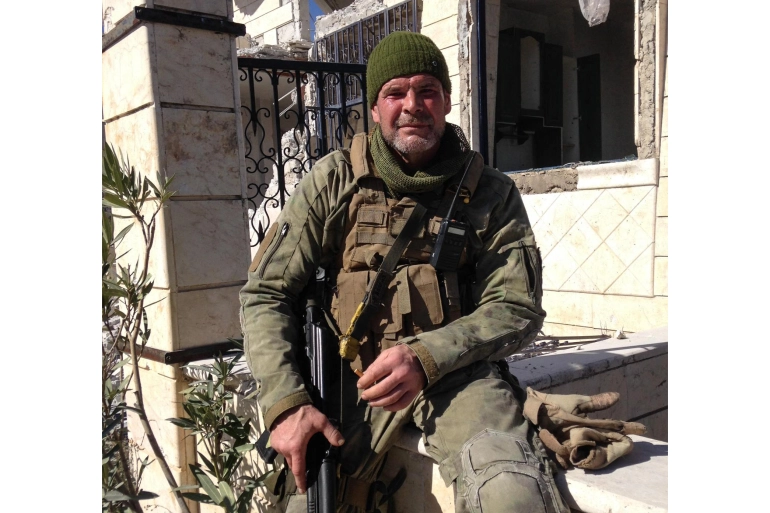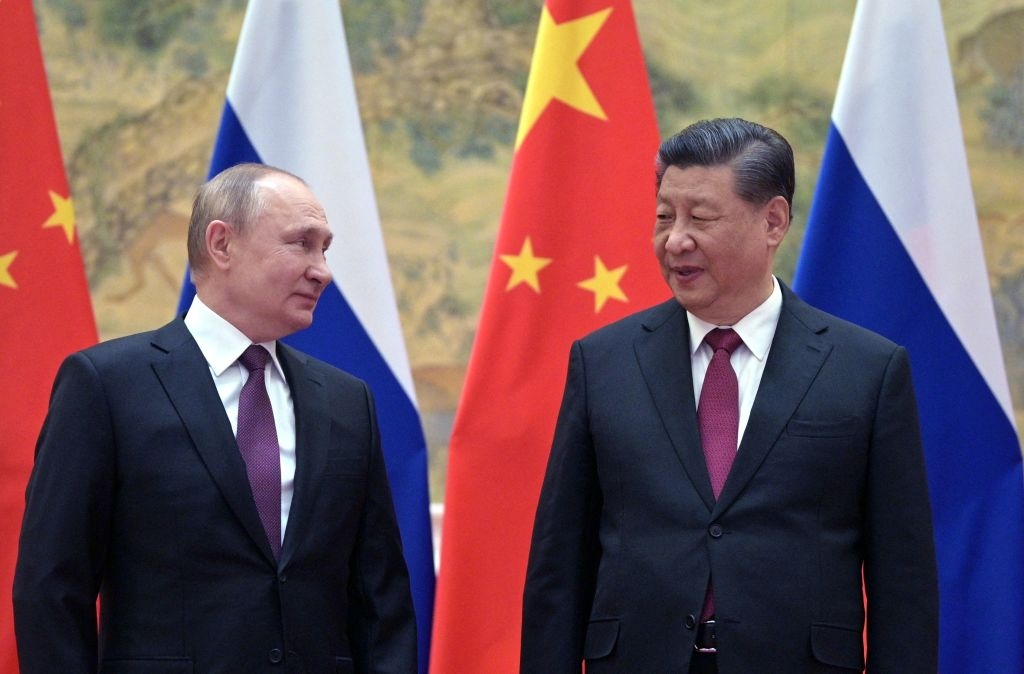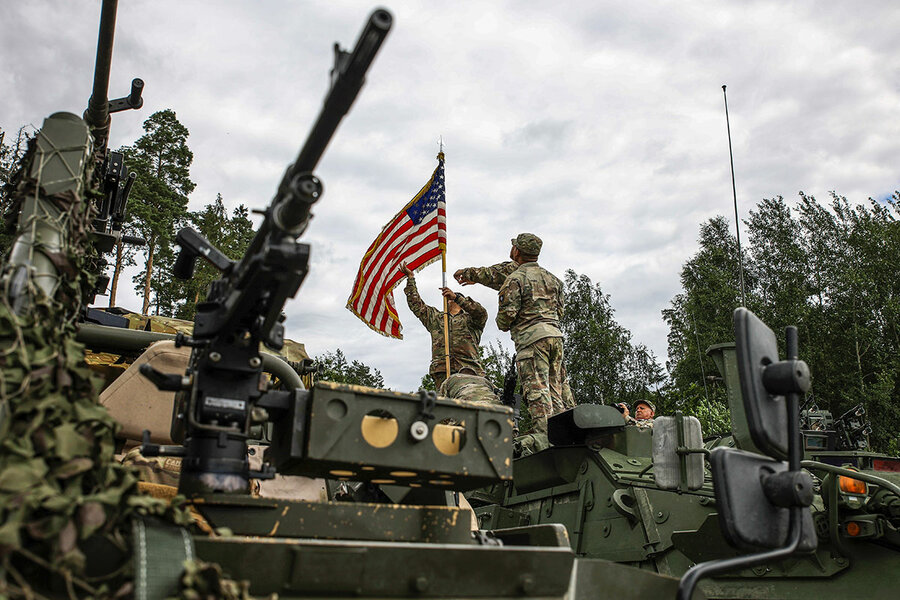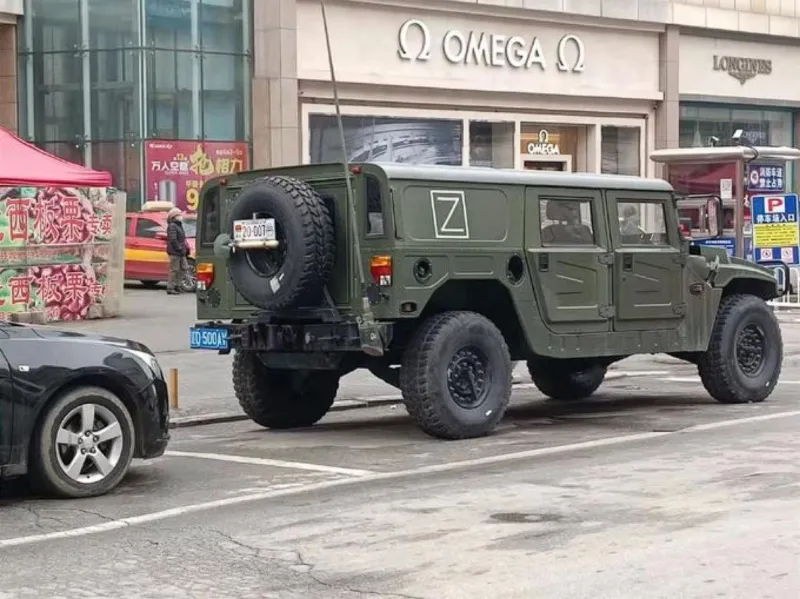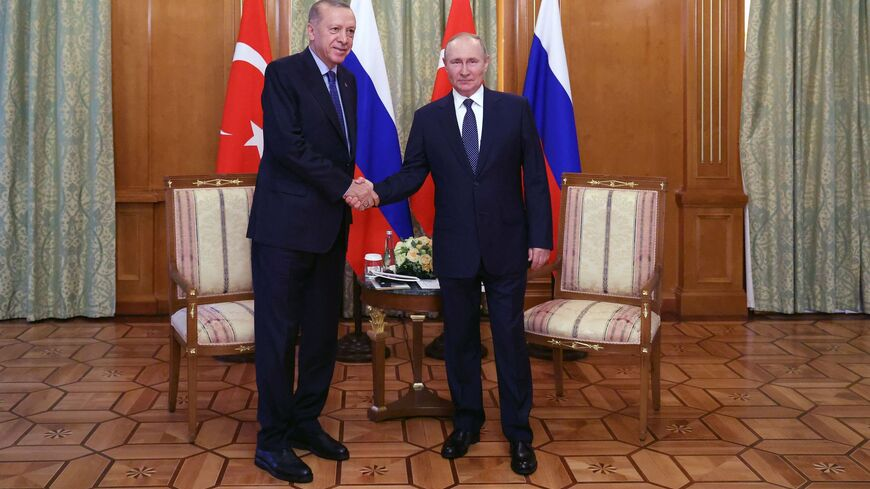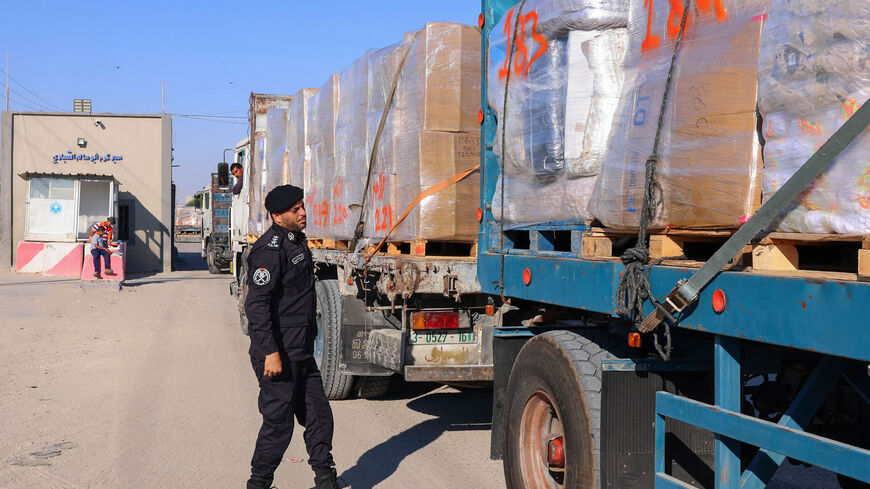The Russia–China Alliance versus the West: What about the Rest?
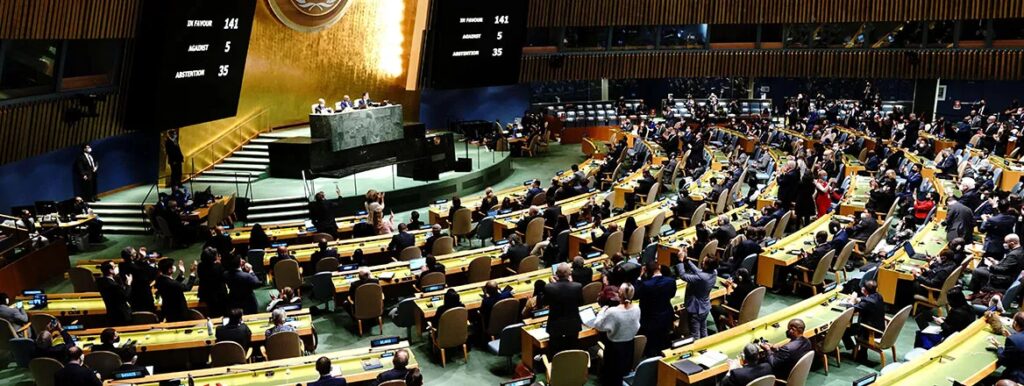
As evidence mounts that the Global South is leaning closer to the Russia–China position over Ukraine, the West needs to think hard about how to regain the initiative in the narrative battle.
The Ukraine war has further entrenched and exacerbated the geopolitical rivalry between the West and the Russia–China camp. This new ‘Superpower Plus’ clash leaves the so-called ‘Rest’ in a difficult position, with some countries feeling pressure to choose sides, and others trying to remain neutral. Worryingly, many are leaning closer to the Russia–China position than the West.


